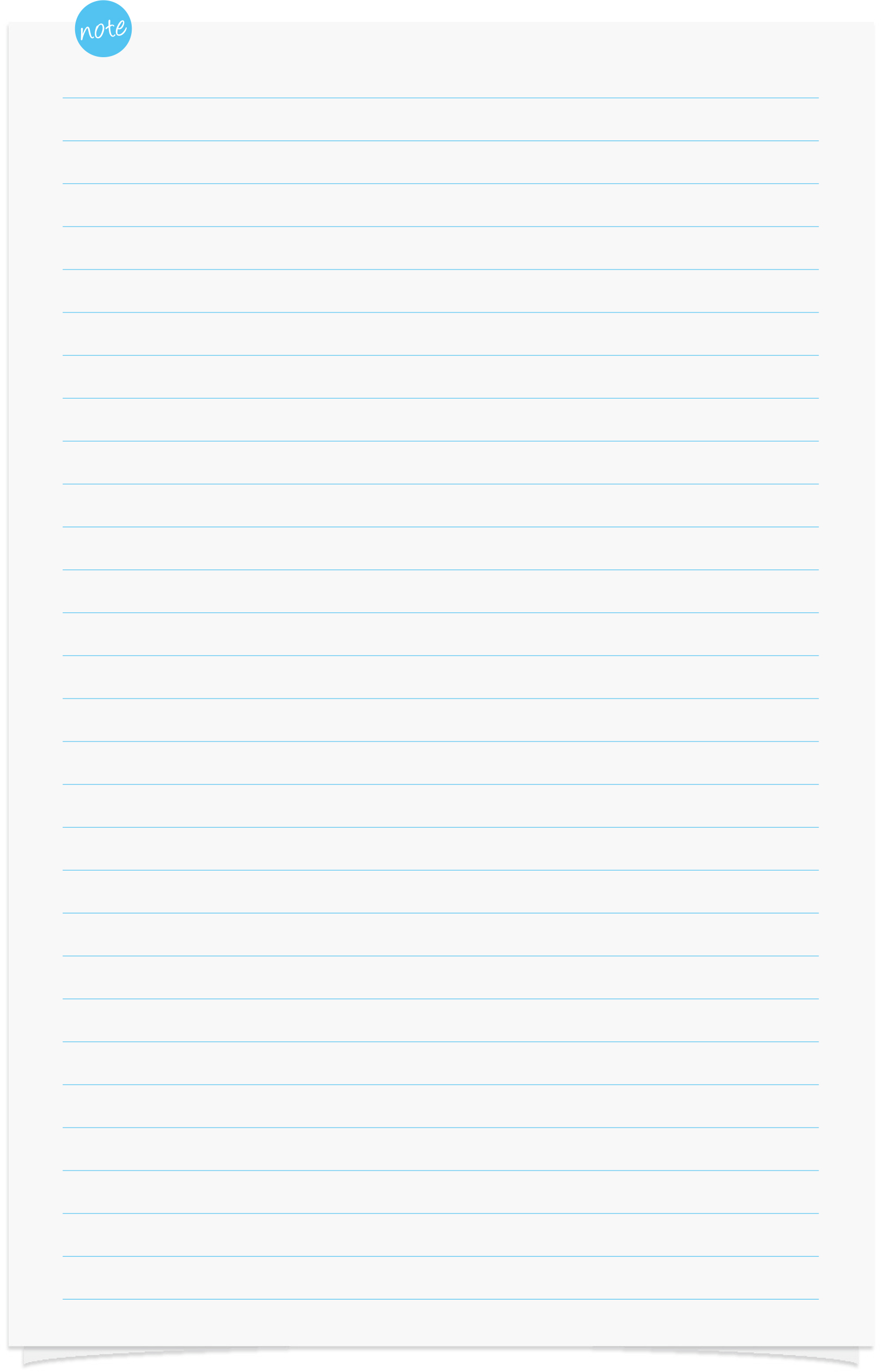




During my second year at the city college, I was told that the education department was offering a “free” course, called Thinking Chess, for three credits. I (41)______the idea of taking the class because, after all, who doesn’t want to (42)______a few dollars? More than that, I’d always wanted to learn chess. And, even if I weren’t (43)______enough about free credits, news about our (44)______was appealing enough to me. He was an international grandmaster, which (45)______I would be learning from one of the game’s (46)______. I could hardly wait to (47)______him.
Maurice Ashley was kind and smart, a former graduate returning to teach, and this (48)______was no game for him; he meant business. In his introduction, he made it (49)______that our credits would be hard-earned. In order to (50)______the class, among other criteria, we had to write a paper on how we plan to (51)______what we would learn in class to our future professions and, (52)______, to our lives. I managed to get an A in that (53)______and learned life lessons that have served me well beyond the (54)______.
Ten years after my chess class with Ashley, I’m still putting to use what he (55)______me: “The absolute most important (56)______that you learn when you play chess is how to make good (57)______. On every single move you have to (58)______a situation, process what your opponent(对手)is doing and (59)______the best move from among all your options.” These words still ring true today in my (60)______as a journalist.
41. A. put forward
B. jumped at
C. tried out
D. turned down
42. A. waste
B. earn
C. save
D. pay
43. A. excited
B. worried
C. moved
D. tired
44. A. title
B. competitor
C. textbook
D. instructor
45. A. urged
B. demanded
C. held
D. meant
46. A. fastest
B. easiest
C. best
D. rarest
47. A. interview
B. meet
C. challenge
D. beat
48. A. chance
B. qualification
C. honor
D. job
49. A. real
B. perfect
C. clear
D. possible
50. A. attend
B. pass
C. skip
D. observe
51. A. add
B. expose
C. apply
D. compare
52. A. eventually
B. naturally
C. directly
D. normally
53. A. game
B. presentation
C. course
D. experiment
54. A. criterion
B. classroom
C. department
D. situation
55. A. taught
B. wrote
C. questioned
D. promised
56. A. fact
B. step
C. manner
D. skill
57. A. grades
B. decisions
C. impressions
D. comments
58. A. analyze
B. describe
C. rebuild
D. control
59. A. announce
B. signal
C. block
D. evaluate
60. A. role
B. desire
C. concern
D. behavior
1. credit n. 学分
2. competitor n. 竞争者
3. instructor n.(大学)讲师
4. appealing adj. 有吸引力的
5. grandmaster n. 国际象棋大师
6. urge v. 敦促
7. demand v. 要求
8. qualification n. 资格
9. attend v. 参加
10. skip ★ v. 不参加; 不做(应做的事等)
例: He often skips breakfast alto-gether. 他常常干脆不吃早饭。
11. criterion (复数形式:criteria)n. 标准
12. expose v. 揭露
13. apply v. 应用
14. profession n. 职业
15. eventually adv. 最终地
16. directly adv. 直接地
17. presentation n. 演示
18. experiment n. 实验
19. serve ★ v. 能满足…的需要; 对…有用
例: His communication skills served him well in his chosen profession. 他的交流能力对他所选择的职业大有帮助。
20. absolute adj. 绝对的
21. impression n. 印象
22. comment n. 评论
23. process ★ n. 过程 v. 加工
例: [2017全国1] They are required to process the food that we eat, to recover from injury and for several other bodily functions. 为了从伤害中恢复过来以及恢复其他一些身体机能,他们被要求去加工我们所吃的食物。
24. announce v. 宣布
25. evaluate v. 评估
26. option n. 选择
27. desire n. 渴望
28. concern n. 忧虑
29. journalist n. 新闻记者
1. put forward 提出(计划、建议)
例: [2016天津] The manager put forward a suggestion that we should have an assistant. 经理提出一条建议:我们应该有一个助手。
2. jump at ★ 急于接受
例: He should not jump at a conclusion. 他不应该轻率地下结论。
3. turn down 拒绝(某人或其请求、提议等)
例: [2015天津] Tom had to turn down the invitation to the party last weekend because he was too busy. 汤姆上周末不得不拒绝参加聚会的邀请,因为他太忙了。
4. even if 即使;尽管
例: [2017江苏] So even if emission were to begin to decrease today, we would still face the challenge of adapting to climate. 因此,即使现在排放量开始减少,我们仍将面临适应气候的挑战。
5. mean business ★ 当真的;严肃的
例: He will shortly realize that I mean business . 他将很快意识到我是认真的。
6. manage to do 设法做成
例: [2013辽宁] One can always manage to do more things, no matter how full one’s schedule is in life. 一个人总是可以设法做更多的事,不管他生活中的日程安排得多满。
7. put to use 使用;利用
例: It is wrong to throw something away if it can be put to use . 如果把能用的东西扔掉,那是错误的(做法)。
8. ring true 给人以真实的印象;听起来真实
例: It may seem a strange story but it rings true to him. 这个故事也许显得离奇,但他却觉得很真实。
I (41) jumped at the idea of taking the class because, after all, who doesn’t want to (42) save a few dollars?
困惑: 易错题(41题)
分析: 41题的易错选项是C项,属于“词汇理解有误”的错误类型。误选C项的同学其实是对try out这个短语的意思理解有误,原因是同学们背单词只记try这个单词的大概意思,忽略了这个短语的意思。try out在朗文字典中的英文释义为to test something such as a method or a piece of equipment to see if it is effective or works properly,所以try out的宾语通常是“方法”或“设备”,而41题空格后面的宾语为the idea of taking the class“上课的想法”,“上课的想法”并不是方法或设备,无法“试用”看它是否有效,因而C项错误。jump at的英文释义为to eagerly accept the chance to do something,中文含义为“迫不及待地接受”。后文说了作者“迫不及待地接受”上象棋课这个想法的两个原因:省钱(非主要原因);师从国际著名象棋大师(更重要的原因)。综合以上分析,最终答案选择B项jumped at。
In order to (50) pass the class, among other criteria, we had to write a paper on how we plan to (51) apply what we would learn in class to our future professions and, (52) eventually , to our lives.
困惑: 长难句
分析: 这句话的主干结构是we had to write a paper。in order to pass the class是目的状语,among other criteria是方式状语。on how we plan to apply...to our lives是介宾结构,说明论文的具体内容,其中how we plan to apply作介词on的宾语,what we would learn in class作动词apply的宾语。apply sth. to sth.为固定搭配,意为“把…应用到…中”,and连接to our future professions和to our lives两个并列短语。
在城市大学的第二年,我被告知教育部正在提供一门“免费”的课程,叫作“思考国际象棋”,三个学分。我 (41) 迫不及待地接受 了参加这门课程的想法,毕竟谁不想 (42) 节约 几美元呢?更重要的是,我一直都想学国际象棋。而且,即使我对免费学分不太 (43) 激动 ,但是关于我们 (44) 讲师 的信息足以吸引我了。他是一位国际象棋大师,这 (45) 意味着 我能向象棋界 (46) 最优秀 的人之一学习。我迫不及待地想 (47) 见到 他。
莫里斯·阿什利既善良又聪明,本校早年毕业生,现在回来教书,而且这份 (48) 工作 对他来说不是游戏;他是认真的。在他的介绍中,他 (49) 明确 表示,我们的学分将很难获得。为了 (50) 通过 这门课,除其他标准外,我们必须写一篇论文,(论文的主题为:)关于我们计划如何将在课堂上学到的知识 (51) 应用 到我们未来的职业中,并 (52) 最终 应用到我们的生活中。我在那门 (53) 课程 中成功获得了A,并且学习了一些人生经验,它们在 (54) 课堂 之外对我很有帮助。
在我上阿什利象棋课的十年后,我仍然在运用他 (55) 教 我的东西:“下象棋时学到的最重要的 (56) 技能 就是如何做出正确的 (57) 决定 。每走一步棋,你必须 (58) 分析 这个情况,分析你的对手在做什么,并从你所有的选择中 (59) 评估 出最好的选择。”在我作为一名记者的 (60) 角色 中,这些话在今天仍然是真实的。
